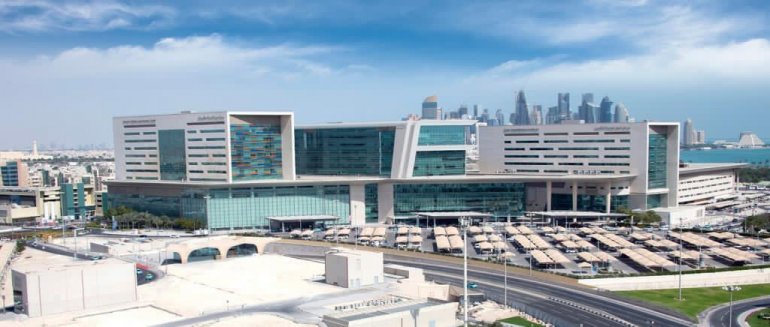Hamad Medical Corporation (HMC), the leading healthcare provider in Qatar, has introduced a groundbreaking advancement in Precision medicine with the implementation of pharmacogenomics in clinical practice. This initiative makes HMC the first institution in Qatar and one of the few in the Middle East to incorporate pharmacogenomics into routine patient care. Pharmacogenomics is the study of how genes influence an individual’s response to medications, combining pharmacology and genomics to develop personalized drug therapies based on each patient’s unique genetic profile.
Dr. Salha Bujassoum Al Bader, Director of the Center for Clinical Precision Medicine and Genomics (CCPMG) at HMC, highlighted the significance of integrating pharmacogenomics into clinical practice. By understanding how genetic profiles impact drug responses, healthcare providers can offer more precise and effective treatments, ultimately improving patient outcomes. This pioneering approach aligns with Qatar Vision 2030’s emphasis on advanced healthcare and personalized medicine as essential elements of the nation’s development.
The Health Information Technology (HIT) departments play a crucial role in advancing this initiative by developing Clinical Decision Support Systems (CDSS) that incorporate genetic test data with clinical guidelines. These systems will provide clinicians with real-time information on gene-drug interactions at the point of care, guiding them in prescribing medications tailored to each patient’s genetic makeup. Dr. Moza Al Hail, Executive Director of the HMC Pharmacy Department, believes this personalized approach will enhance treatment efficacy and reduce the risk of adverse drug reactions.
The successful implementation of pharmacogenomics at HMC marks a significant milestone in improving patient care and advancing healthcare innovation in Qatar. This project is a collaboration between CCPMG, the HMC Pharmacy Department, and the HICT Department, demonstrating a unified effort to enhance patient outcomes and contribute valuable data to the global scientific community. Pilot studies on pharmacogenomics have already been beneficial for many patients at HMC, and the initiative is expected to have a positive impact on patient care and the broader healthcare landscape in Qatar.
By integrating cutting-edge genetic research with clinical practice, HMC is not only enhancing patient outcomes but also contributing to Qatar’s goal of becoming a regional leader in healthcare innovation. The pharmacogenomics initiative reflects the commitment to providing world-class healthcare tailored to the unique needs of all citizens. Through international research collaborations and data sharing, HMC aims to advance understanding of gene-drug interactions and their implications for direct patient care. This commitment to excellence in healthcare is set to shape the future of patient care in Qatar and beyond.
In conclusion, the introduction of pharmacogenomics at HMC represents a significant step towards personalized medicine and improved patient care. By leveraging genetic information to optimize drug therapies, HMC is leading the way in advancing precision medicine in the region. This initiative not only benefits individual patients by providing tailored treatment plans based on their genetic makeup but also contributes valuable data to the global scientific community. As Qatar continues to prioritize healthcare innovation, initiatives like pharmacogenomics at HMC will play a crucial role in shaping the future of healthcare in the region and beyond.










